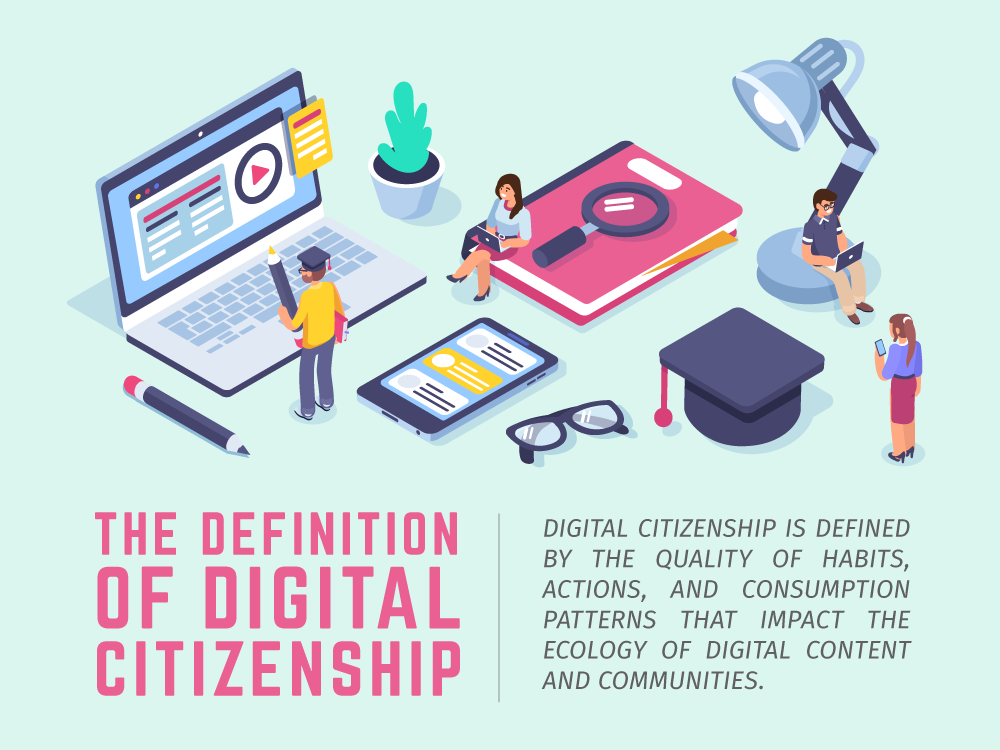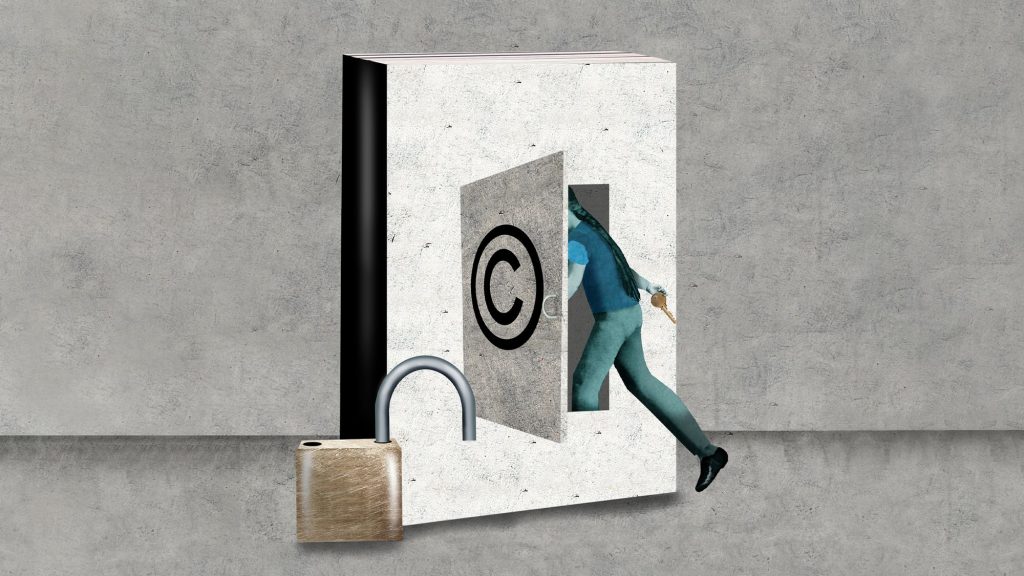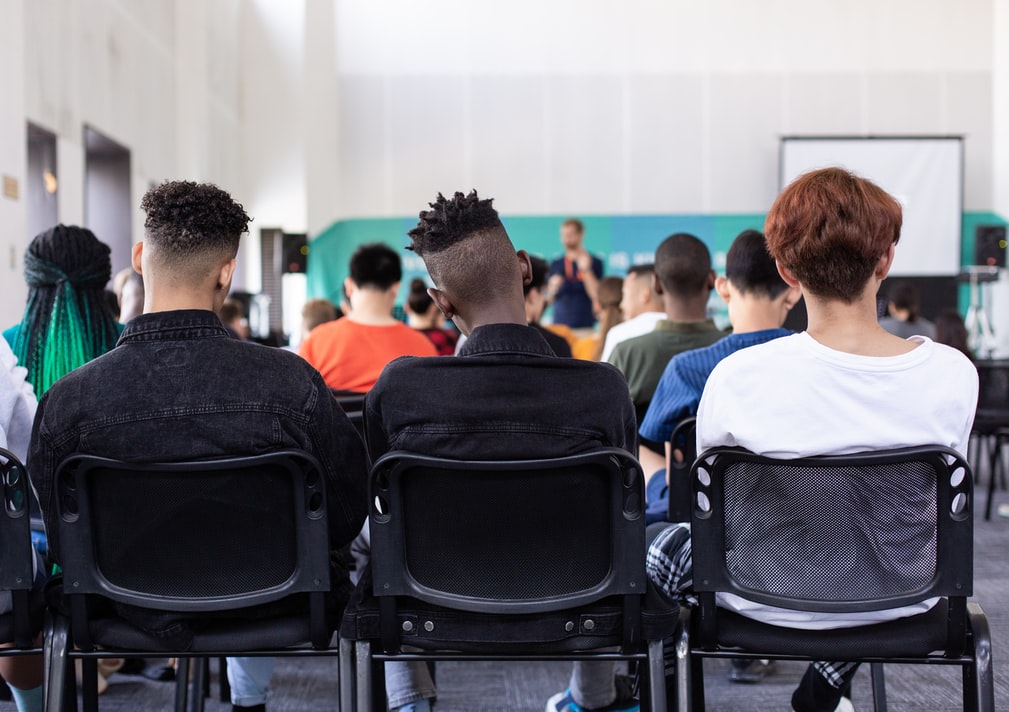
Technology has been – and will continue to be – a huge part of our daily lives. So, people and especially the younger generation have to know how to use the Internet in the most ethical way possible.
What Is Digital Citizenship?

Basically, this is the behavior that is encouraged on the Internet. According to this logic, a digital citizen is a person who can use modern technologies and communicate with other people on the Internet. For example, if you search for write my essay services and order a paper on EssayHub, you are already a digital citizen. Finally, you’re using the benefits of the Internet for a greater purpose.
Some argue that Internet behavior is not the responsibility of the teachers and that the younger generation often behaves online in the same way as they do in real life. At the same time, the professors have the authority and knowledge to be able to explain what is right and what is wrong from an academic point of view.
Let’s take a closer look at some of the ways digital citizenship can be taught to students:
- Explaining how ‘netiquette’ (Internet etiquette) works.
- Presenting the consequences of possible online dishonesty.
- Putting digital citizenship in every interaction with the students online.
- Creating a safe environment free of cyberbullying.
How Does ‘Netiquette’ Really Work?

Is digital citizenship the most important takeaway from distance learning?
This is the first step on the digital citizenship journey of pupils. Modern learners have to understand that when they are online, they represent their institutions as well. What is more important is that these are real people that talk to each other online, so respect and caution are necessary.
Professors can use basic netiquette behavior rules and create a lesson on each one. Or, since the younger generation is more familiar with the Internet today, all these rules can be discussed at once, pieced together in a list, and put on the university portal.
What Are the Consequences of Possible Dishonesty?

Some learners think that if they are on the Internet, they can continue to be anonymous at all times. Well, it’s true for some cases, if you use some precautions like VPN services, a fake name, and so on. In most cases, people don’t do that and still think that their online actions cannot be traced.
Here is a fun activity for the whole class! First of all, explain what a digital footprint on the Internet is. After that, pick one of the pupils and see how far their online footprint can be traced. Students have to understand that what they see and do online can potentially have a serious effect on their lives in the future.
Digital Citizenship In Every Interaction With the Students Online

A teacher has to set an example of appropriate online behavior, especially today, when almost all educational processes are done on the Internet. People usually don’t follow the advice of those who don’t follow the rules themselves.
Start paying attention to every online interaction that you have every day. It has to be respectful and alert, no matter the subject. A good instructor will find time to answer all emails in the same polite manner and give a great example to other digital citizens on the university portal.
Creating a Safe Environment Free of Cyberbullying

Bullying on the Internet is not new, as people think that they can be mean when there is some sense of anonymity. It is wrong to think that cyberbullying is something that can be taken lightly. As an educator, you have to make sure that your students understand the possible consequences of cyberbullying.
It can be a good idea to create a lecture that contains the biggest cyberbullying criminal cases. Students can see for themselves why digital citizenship and ethical behavior on the Internet are important. It’s always another person with real feelings behind the screen.
Here are some tips that you can teach students who occasionally see cases of online bullying:
- Don’t escalate the situation any further.
- Take some screenshots, save them or print them in case evidence is needed in the future.
- Block the person who started the act of bullying.
- Take this matter to authorities (a parent, a professor, school administration).
- Reach out to other students and tell them about this case.
Takeaway

Imagine a world where everyone is respectful to each other. Well, you can’t change the whole world, but you can start with the people around you. Digital citizenship is important for students, as it creates a safe and honest environment during their studies.
For students, the rules of ethical behavior on the World Wide Web are a bit different. As learners, students have to be respectful and cautious, both in real life and online. In their educational process, the professors are responsible for teaching these values to their students.
Teachers can play a significant role in the digital behavior of the learners, how they present themselves on the Internet, and how they communicate with other users. With a little bit of creativity and determination, you can start a new trend among your students.




